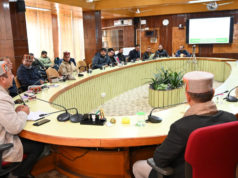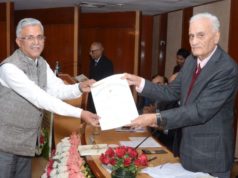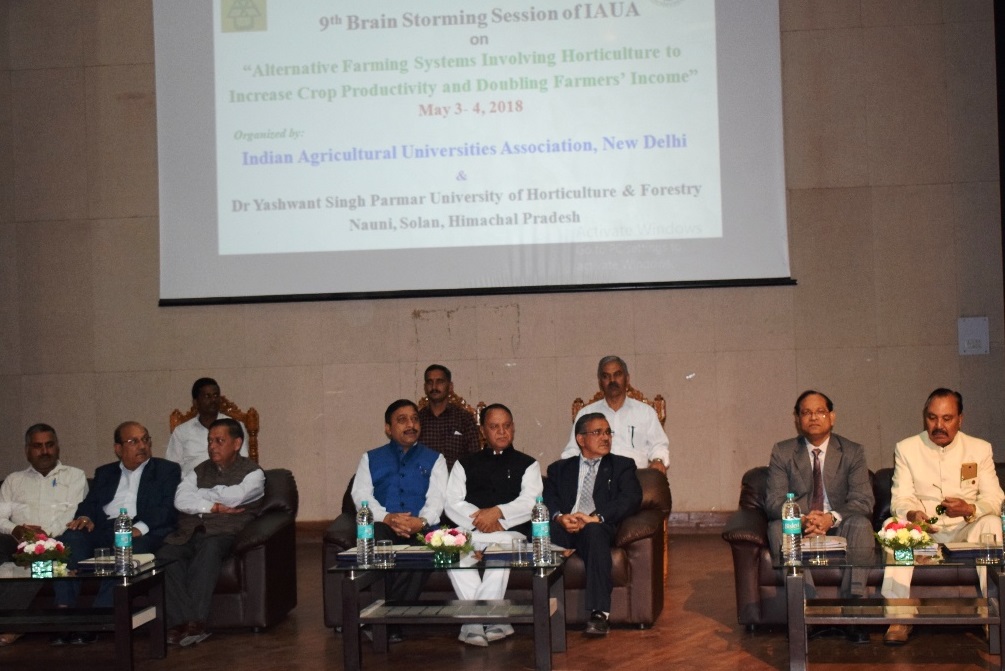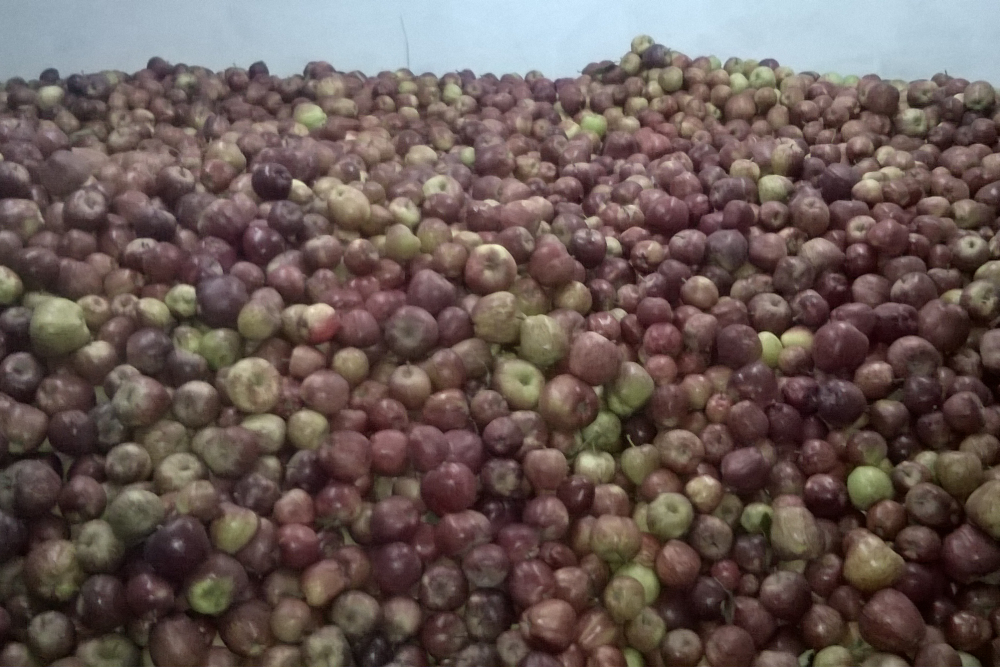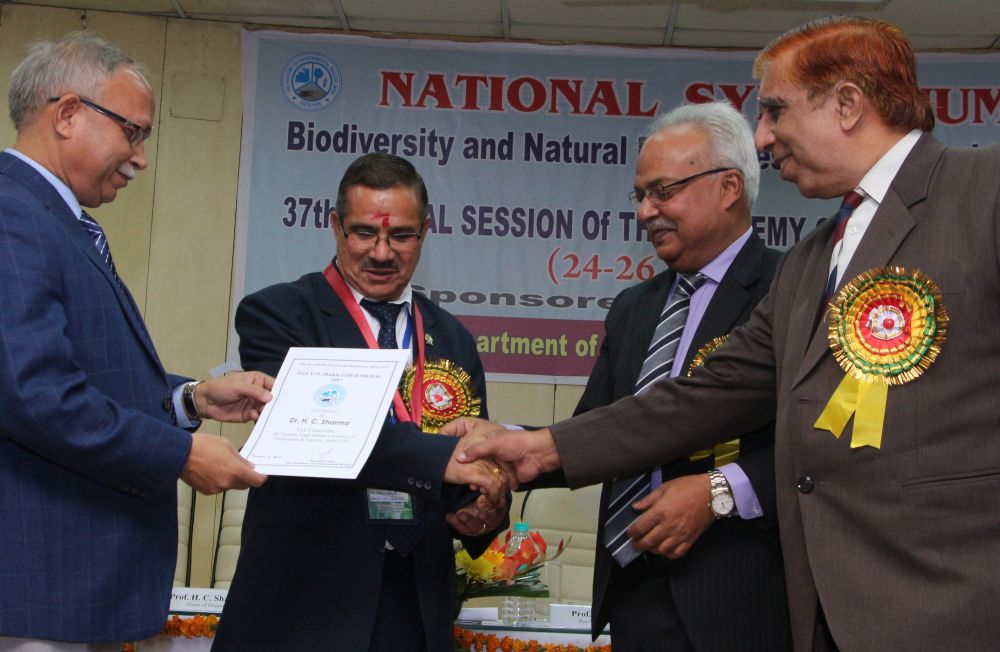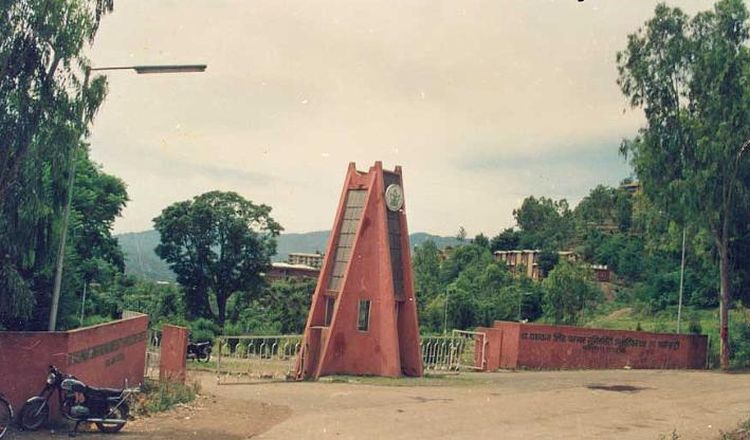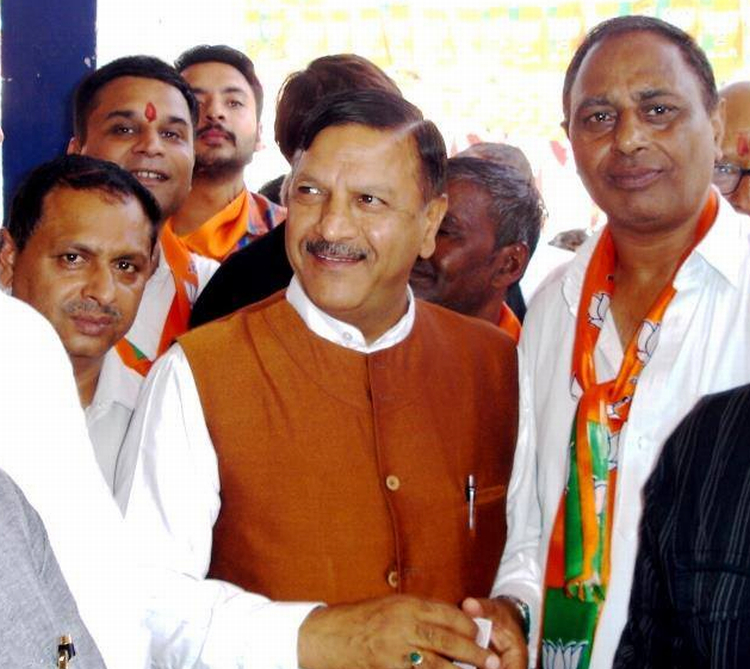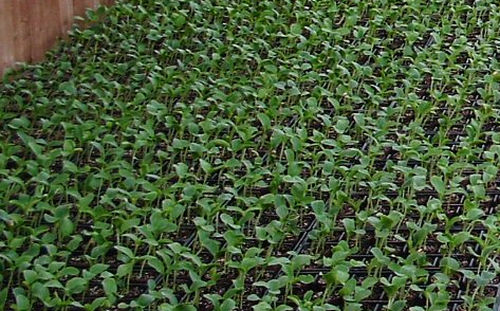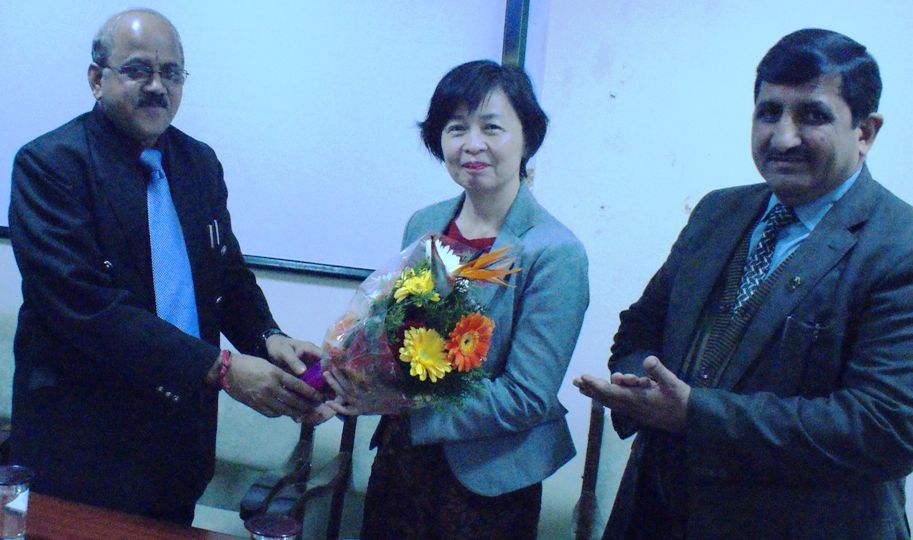98 students of Dr YS Parmar University of Horticulture and Forestry leave for Mashobra, Chamba, Jachh and Kullu
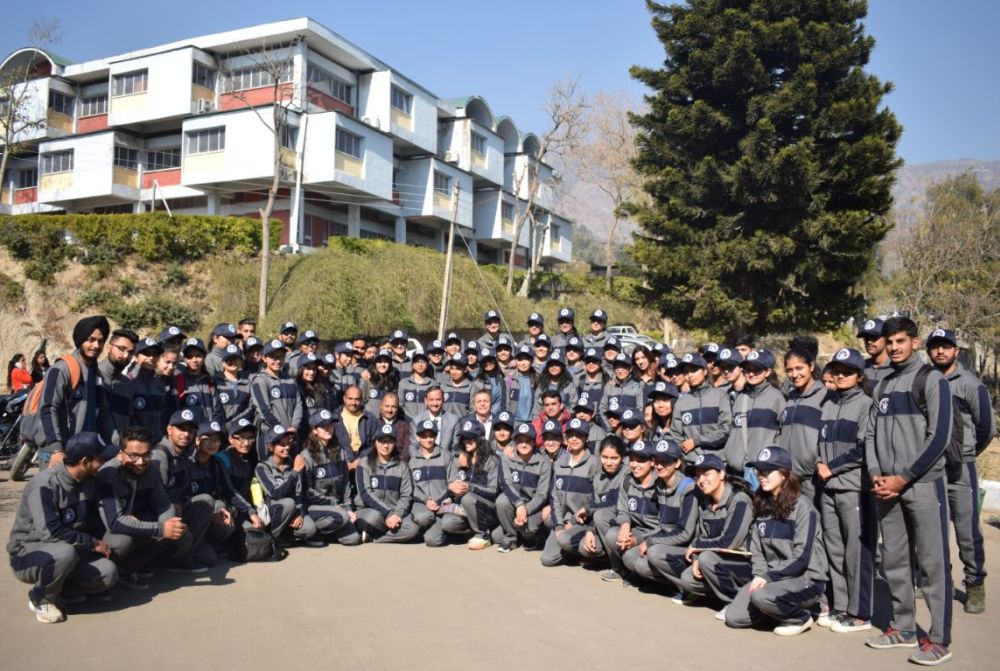
Nauni/Solan: Intending to familiarize students with the socio-economic conditions of farmers and their problems, 98 final year students of B Sc Horticulture at the Dr YS Parmar University of Horticulture and Forestry (UHF), Nauni are on 10-week Rural Awareness Work Experience (RAWE) programme.
The students, who have been divided into four groups, will be visiting all the four-agro climatic zones of the state. The Regional Research Stations/ Krishi Vigyan Kendras at Mashobra, Kullu, Jachh and Chamba will be hosting each group. After a period of two weeks, the students will shift to a new climatic zone thereby covering all the zones in the stipulated period. This is the first time that the students will be getting exposure to all the agro-climatic zones of Himachal Pradesh.
Rural Awareness Work Experience is a compulsory part of the degree as per Indian Council of Agricultural Research norms and the students are paid a stipend during the programme.
A group of villages under each zone has been selected and four students will be attached to each village. The objective is to learn about rural, social-cultural settings, rural development, topographical variations, climate change animal husbandry, fruits, vegetables and cooperative working along with understanding the culture. Scientist farmer’s interactions will also be a part of the programme.
Dr Narender Sharma, Dean UHF’s College of Horticulture conducted the orientation programme of the students and encouraged them to make the most of this practical exposure. Explaining about the programme, Dr Sharma said,
“The programme aims at understanding rural situations, status of horticulture technologies adopted by the farmers along with prioritizing farmer’s problems, develop skills and attitude of working with the farm families for all-round development in rural areas.”
Dr Sharma added that programme provides a unique opportunity to understand the rural setting in relation to horticulture and allied activities in different agro-climatic climatic zones.
Dr KK Raina, coordinator of the programme said that in addition to familiarizing students with socio-economic conditions of the farmers and their problems with reference to horticulture development, RAWE would also help in imparting diagnostic and remedial knowledge relevant to real field situations through practical training.
Development of communication skills in students using extension teaching methods in transfer of technology and acquaint them with the ongoing extension and rural development programme is another important aspect of RAWE. After two weeks, there will be a rotation of groups. In the last week, each group will have to submit a report of the work undertaken.


